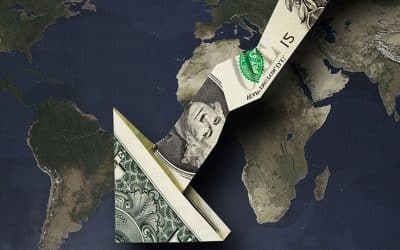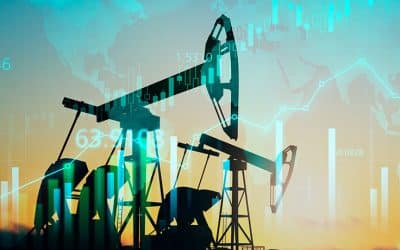“Upward momentum of the banks looks set to continue, but so too will the rising cost of capital"

Redacción Mapfre
Javier Miralles, equity portfolio manager at MAPFRE AM
In mid-October 2022, financial companies, as well as others with more cyclical profiles, started showing spectacular performance. The EURO STOXX Banks index rose 40%, and financial shares in Spain performed even better, seeing 50% to 60% gains in just five months.
We remained cautious, however, because we knew it was important to avoid relying too heavily on a best-case scenario. The markets were assuming that the central banks wouldn't be as aggressive as they had indicated, that inflation wouldn't be so persistent, and that none of the macro indicators would be substantially undermined by those factors. So, although the markets went into risk-on mode, we didn’t feel very comfortable with that, primarily because our typical investors are much more conservative.
Finally, the surprise appeared where nobody was expecting it, ourselves included. Certain banks began to have liquidity problems, which arose from poor management of their balance sheets in a context of the abrupt interest rate hikes we’ve seen during the last few quarters. This generated some panic among depositors and investors, leading to a chain reaction where many investors decided to cash out their gains and reduce their exposure to this unexpected risk. The situation this created was one where equities with a more defensive profile began to do much better than more financial and cyclical ones.
However, we decided not to rotate our portfolios in response to those events, and in general, we had already been putting more emphasis on quality and defensiveness than cyclical for a couple of months at that point.
Will there be a rotation into safer securities?
In general terms, yes, we will probably be seeing some rotation of portfolios towards safer securities. I think risk-on mode has come to an end. Upward momentum in the banks index is likely to continue, and returns from financial equities may remain solid, because the macro dynamics still support this (at least for now). However, the cost of capital for investing in those assets is rising, so investors will be more prudent when deciding whether to take on certain positions.
Other cyclical sectors, such as retail, tourism, construction, etc., which have also shown spectacular performance in recent months, are also likely to be affected by this surprise the markets have given us.
At the end of the day, as managers, we evaluate our decisions based on probabilities. Risk-on buying was hardly the most prudent approach during a period characterized by the sharpest interest rate rises in history. This was combined with still unchecked inflation, an unresolved geopolitical situation in Europe, and a clear disadvantage in energy strategy that put us in a complex competitive situation against the rest of the world, all in the wake of a spectacular rally in the securities markets for five months straight. Our view was that the best-case scenario the markets were relying on would eventually fall apart somewhere. We didn’t know where, but we thought it was increasingly likely that one of the macro indicators now generating concern in the markets would deteriorate and cause a correction, or rotation into other assets, and that’s what ended up happening.
Of course, I’m not saying there is a need to get out of any particular sector. We look at companies based on their fundamentals. However, I do think I would be more demanding with my assessments in industries like banking, tourism, and construction, for example. Given the uncertainty that surrounds us, the volatility, the risks, I feel most comfortable giving more weight to equities with a safer profile (non-cyclical consumer, infrastructure managers without volume risk, certain pharmaceuticals), rather than to companies that need very favorable macro scenarios to support their valuations.



